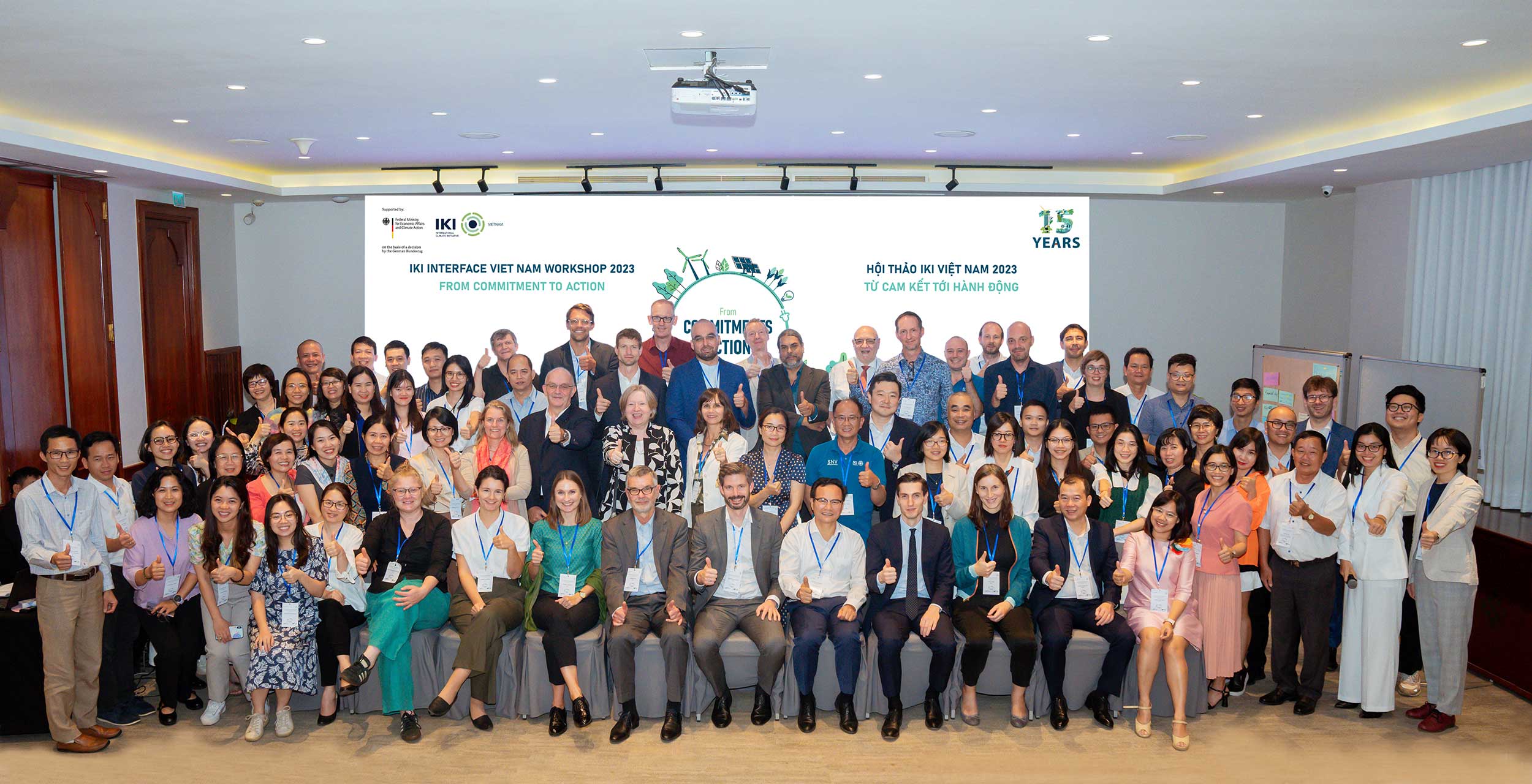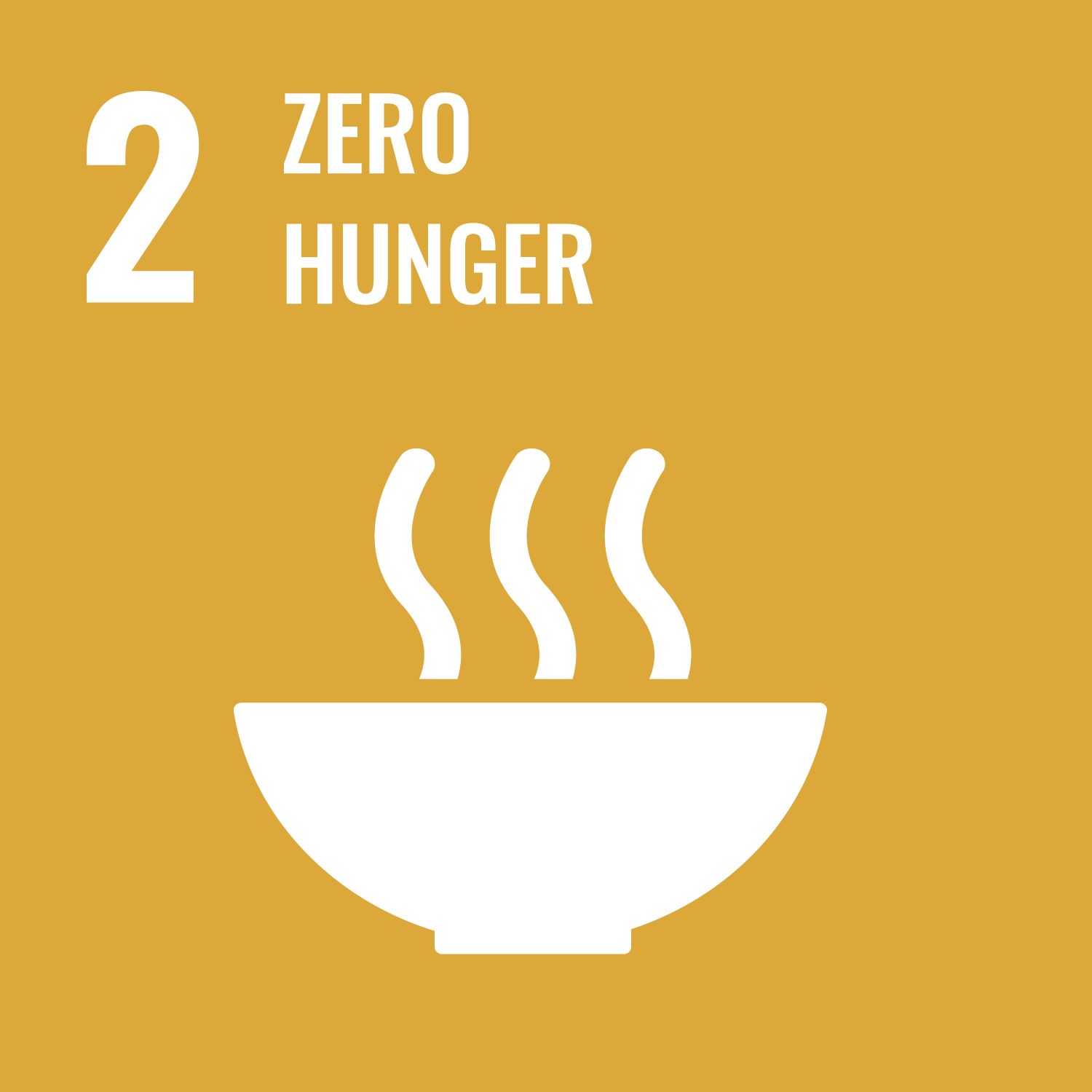
Objective
Viet Nam’s development pathway is consistent with a just Net Zero 2050 transition in line with the Paris Agreement, Global Biodiversity Framework (GBF), and the 2030 Agenda on Sustainable Development.
Description
The project enables the Vietnamese Ministry of Environment to better coordinate and integrate climate, energy and biodiversity considerations.
It also supports efforts to switch to low-carbon freight transport in the transport sector, which is a major contributor to greenhouse gas emissions.
In the agricultural sector, the project strengthens expertise in the Ministry of Agriculture and two provinces to develop nature-based solutions for climate adaptation.
In all areas, nationally and regionally, the project promotes knowledge management, dialogue and gender-responsive approaches.
The project also serves as an interface for the International Climate Initiative (IKI) in Viet Nam: it coordinates IKI projects in the country and provides information on climate policy processes. This also includes supporting the political dialogue between the German IKI ministries and their Vietnamese counterparts.
Field of intervention
Building on efforts of its successful predecessor project (VN-SIPA I), the project
- works with the Ministry of Natural Resources and Environment (MONRE) to address the ministry’s specific capacity gaps related to coordination and transparency mechanisms that continue to be a barrier to the integration of climate and biodiversity considerations across key ministries and at the provincial level.
- The transport sector is supported through the Ministry of Transport (MOT) to promote a low-carbon transition of the freight sector.
- The agriculture sector is targeted through the Ministry of Agriculture and Rural Development (MARD) and selected provinces to boost capacity on nature-based solutions for adaptation (NbSA).
- VN-SIPA II provides technical assistance and thematic insights through studies to support its partners in implementing the climate and biodiversity goals. This is accompanied by targeted capacity development measures.
- In its service delivery the project prioritizes digital measures.
- Local Subsidies and grants will enable partners in the provinces of Ha Tinh and Quang Binh to upscale the successful climate-smart agricultural models developed under VN-SIPA I.
Targeted beneficiaries
- The ministerial target groups of the project are as follows: Department of Climate change(DCC)/MONRE; Nature and Biodiversity Conservation Agency (NBCA)/MONRE, Ministry of Transport (MOT), Ministry of Agriculture and Rural Development (MARD).
- Farmers, farmer’s associations, private sector, general public (young people specifically).
- Academia, non-govermental organisations (NGOs), civil society, and community organisations.
- Two provinces Quang Binh and Ha Tinh
- Women in rural communities like Quang Binh and Ha Tinh
Achievements
At the end of the project, it is expected that:
- Viet Nam submits its second NDC in 2025 increasing ambition, aligned with its long-term strategy, and leading the way for the Net Zero 2050 target.
- Viet Nam passes further regulations and stakeholders to increase their knowledge necessary for the implementation of the NBSAP and the GBF.
- Technical and policy analyses result in new or enhanced policy instruments, that promote climate mitigation and adaptation implementation as well as biodiversity protection in priority sectors identified in Viet Nam’s NDC, National Climate Change Strategy and NBSAP.
- Facilities in the waste and other sectors subject to emission reduction obligations under Decree 06 are enabled to regularly report their GHG inventories. They are also able to plan and implement suitable emission reduction measures.
- The implementation of the respective NDC measures has led to an increase of the load factor in freight transport.
- Via the online monitoring and evaluation system, relevant MARD departments and provincial Departments of Agriculture and Rural Development report on the 44 adaptation indicators facilitating evidence-based policy making.
- The provincial governments in Quang Binh and Ha Tinh apply more integrated planning processes addressing climate change mitigation and adaptation as well as biodiversity.
- At least 3000 farmer household in the provinces of Quang Binh and Ha Tinh increase their resilience through NbSA in the agricultural sector making them less vulnerable to climate change.
- Annual IKI Networking Workshops and quarterly newsletters, highlighting gender sensitive climate and biodiversity issues, ensure regular knowledge exchange on climate, energy and biodiversity-related policy developments and activities in Viet Nam.
Publications/Knowledge Products
COUNTRY
Viet Nam
DURATION
April 2023 - March 2028



